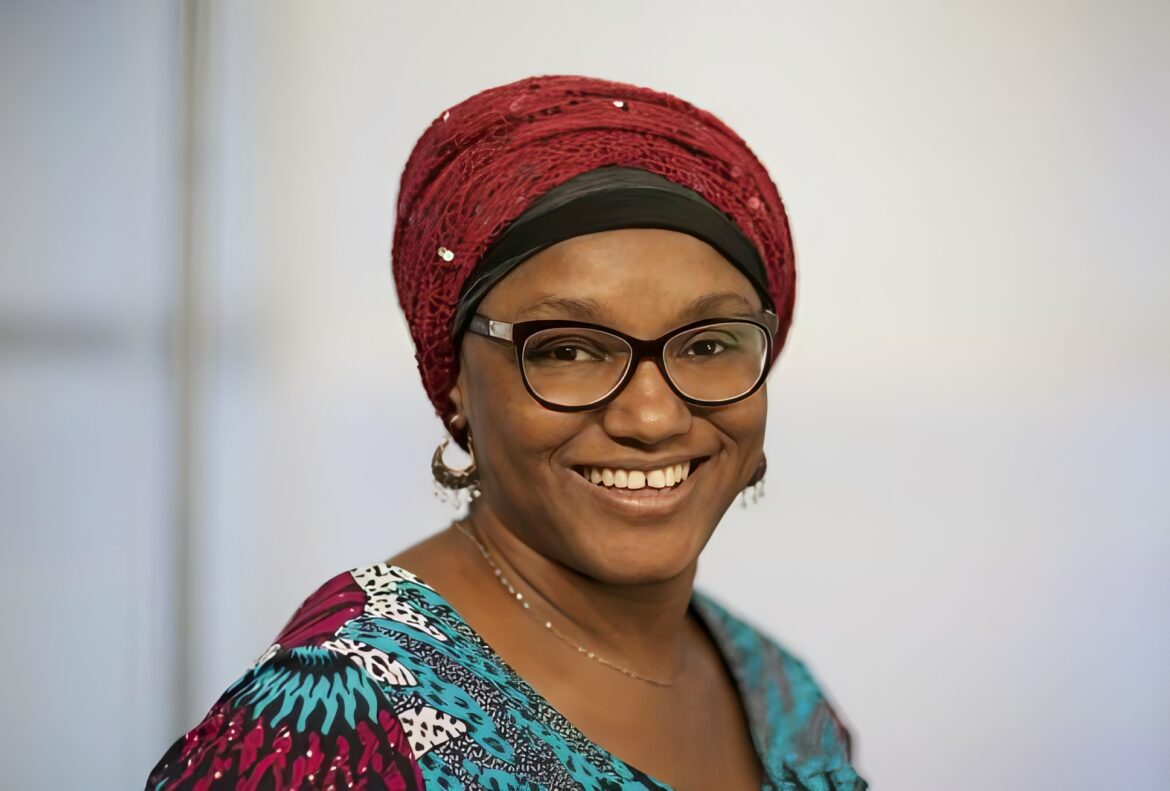Habiba Ali is driving Northern Nigeria’s clean energy transition through community-focused, women-led solutions.
Habiba Ali’s journey into Nigeria’s renewable energy space is shaped by her experience and a determination to address a challenge she knows too well — the lack of clean and reliable energy in rural communities. As the founder and chief executive of Sosai Renewable Energies Company, she has become one of the key figures working to expand access to affordable solar solutions in Northern Nigeria.
Growing up in the region, Ali witnessed the dependence of many households and small businesses on kerosene lamps and open fires. Working with her mother in a roadside restaurant, she was constantly exposed to smoke and fumes, a reality faced by many women in similar settings. The experience, coupled with the health risks associated with indoor air pollution, motivated her to look for alternatives that could improve lives while protecting the environment.
After attending international forums on clean energy and learning about the health implications of traditional fuel use, Habiba Ali founded Sosai Renewable Energies in 2010. Her goal was to introduce market-based solutions that could provide sustainable energy solutions to off-grid communities. The company began with the sale of solar lamps sourced from Barefoot Power, an Australia-based solar power solutions company, targeting women vendors and low-income households, before expanding into solar home systems, efficient cookstoves, water purifiers, and other climate-smart products.
Sosai operates with a social mission at its core, focusing on women’s participation both as customers and as distributors within rural communities. Through training and partnerships, the firm has helped create small-scale entrepreneurs who sell solar products and promote cleaner energy use. According to company data, its projects have reached millions of Nigerians, powering homes, health centres, and schools, and supporting cleaner air and reduced carbon emissions.
Ali’s approach to business combines social impact with commercial viability, which is a good business model among social enterprises in Africa’s energy sector. Her work has earned recognition, including the 2025 Ashden Award for Breaking Barriers (Global South) and the WeEmpower UN SDG Challenge Africa, which highlight innovation in women-led sustainable ventures.
Habiba Ali serves on the boards of several organisations that promote renewable energy and environmental health. She also co-founded the Developmental Association for Renewable Energies (DARE), which advocates for cleaner technologies in underserved regions. The businesswoman has a background in accounting, a master’s degree in banking and finance, and is pursuing a doctorate in management with a focus on finance.
While challenges such as financing, infrastructure, and policy gaps continue to slow Nigeria’s transition to clean energy, Ali’s work represents a steady push towards inclusive and sustainable solutions. Her goal is to bring power solutions to the country’s most energy-deprived communities.



